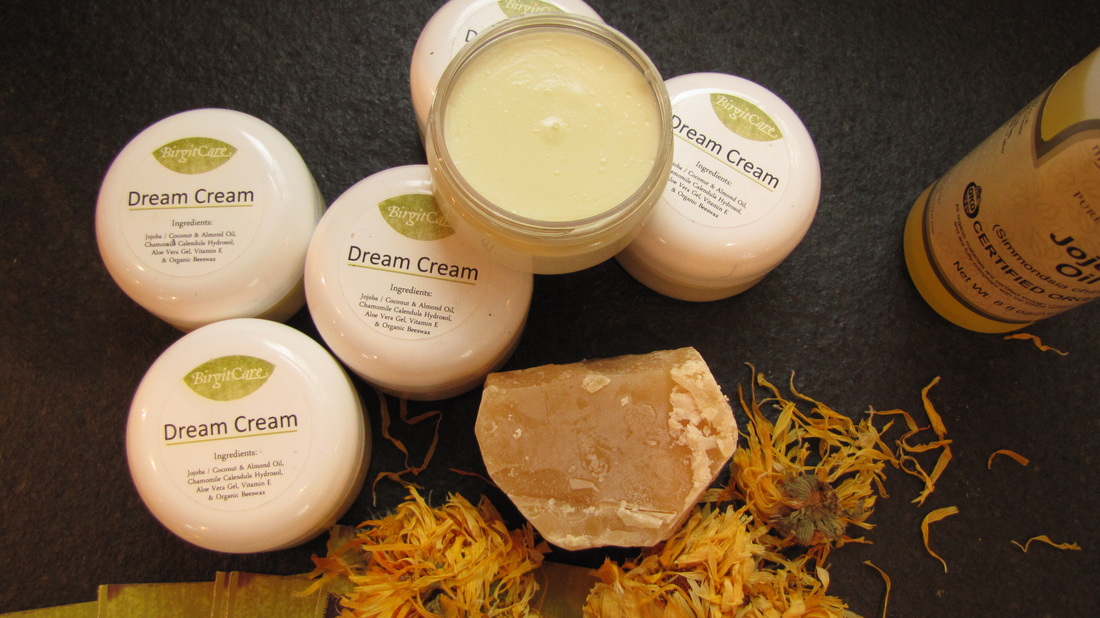Our skin is the biggest organ of our body. Most smokers know, if they try to reduce their cigarette addiction they place a quit-smoking patch on their upper arm, which will reduce their addiction symptoms immediately.
But what does that mean?
Well, our skin actually absorbs medication faster than our digestive system.
It's being said that our skin can absorb nutrients and toxins 70% faster than our stomach.
So why on earth are we buying products that specifically indicate "ONLY FOR EXTERNAL USE".
Big companies like "CLINQUE" make sure that we are left in the dark. Beautiful models, actors sell their products and let us know that the products will give us beauty and youth.
Nobody would ever tell us, that certain ingredients of those wonderful pretty glass jars can cause thyroid disease, allergies, hair thinning, weight gain,autism, depression, learning disabilities, cancer....
There are virtually no restrictions on the ingredients in personal care products (sun lotion, shampoo, face cream, mascara, eyeliner, ......) since the FDA cannot require safety testing of products before they are sold to the public.
Here are just a few ingredients to name:
Petroleum based products: Known by names like petrolatum, mineral oil, paraffin, paraffin oil, paraffin wax.
USES:
Used in shampoos, hair relaxers, anti-aging creams, mascaras, perfumes, foundations, lipsticks and lip balms.
HAZARDS:
These chemicals commonly used in cosmetic ingredients are byproducts of and derived from crude oil and may have known or potential carcinogenic (cancer causing) effects. They may also be contaminated with unlisted hazardous impurities such as 1,4 Dioxane and PAHs due to their manufacturing process.
They coat the skin, clog pores, and interfere with the body's natural ability to eliminate toxins.
Sodium Lauryl Sulphate (SLS)/ Ammonium Lauryl Sulphate: Often disguised on cosmetic labels, especially those labeled as 'natural', with the description 'comes from coconut'.
USES:
Found in shampoo, bath and shower products, and toothpaste. Used to degrease engines, used in car washes and garage floor cleaners. Used as an emulsifying and foaming agent. 90% of foaming products use this ingredient.
HAZARDS:
--May cause damage to the liver, lungs, and immune system.
--May cause depression of nervous system, diarrhea, and reproductive system disorders.
--Severe skin irritant.
--Damages respiratory tract and eyes.
3. Phthlates (pronounced thay-lates: go by names such as Dibutyl phthalate (DBP), di(2-ethylhexyl)phthalate (DEHP), butyl benzyl phthalate
USES:
These toxic cosmetic ingredients are found in perfumes, hairsprays, and nail polishes. Phthlates are used as skin moisturizers, and to enhance penetration of skin. They are also used as plasticizers to soften plastic.
HAZARDS:
--Known to have negative effects on the reproductive system and early development.
--Act as hormone disruptors. Associated with premature breast development in girls and problems with reproductive development in male fetuses.
4. Parabens: Derived from petroleum. Also known as alkyl parahydroxy benzoates; and butyl, methyl, ethyl, propyl, or isobutyl paraben.
USES:
Cosmetic ingredients that are found in deodorants, moisturizers, and some food items. They are used as preservatives.
Hazards:
Interfere with estrogen levels.
5. Fragrance: Usually listed as 'fragrance' (in the US), or 'parfum' (EU). Commonly used in cosmetic ingredients and personal care products, fragrance may contain up to 4000 separate ingredients, although typically most products use an average of 50-100 fragrance ingredients. These ingredients have no restrictions and are not required to be listed separately.
USES:
Often used to mask the scent of other ingredients or to make the product smell more appealing. Fragrance is added to most personal care products on the market. 95% of the chemicals used in fragrances are synthetic derivatives of petroleum.
HAZARDS:
--Fragrance may have an effect upon the central nervous system, and interfere with metabolism, hormones, and act as endocrine disruptors.
--These hazardous cosmetic ingredients can cause headaches, dizziness, breathing disorders, allergic rashes and other allergic reactions, skin disorders, coughing, vomiting, depression, hyperactivity, irritability, and chemical sensitivities.
BHT: Other names BHT goes by are butylated hydroxytoulene and E 324
USES
Used in facial creams, lipsticks, sun lotions, and mascara. Used as an antioxidant preservative.
HAZARDS
May cause behavioral changes and problems with reproductive system. Contains toluene (See number 8 above) Causes allergic dermatitis.
What can you do?
Start buying organic products and products that have a short ingredient list with names that you can pronounce and understand, just like mine :) There are also great webpages where you can find out the safety of some of your products you use like www.ewg.org
I have created my own personal care products due to the fact that I could not find products that had ingredients I consider safe. And of course I did have some advantage of being an Herbalist:)
Remember your skin absorbs the toxins faster due to the fact that there is no filter like the digestive system. Anything you put on your skin gets immediately absorbed into the blood stream. Once your blood stream has absorbed the toxins, their won't be any barrier towards your brain, organs, and every other cell within your body.
So next time you buy a shampoo for your children, ask yourself the question "Can you drink it too"!!!
Please check out this video to learn more about the safety of our products!!
Birgit your Herbalist

 RSS Feed
RSS Feed
